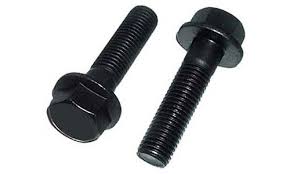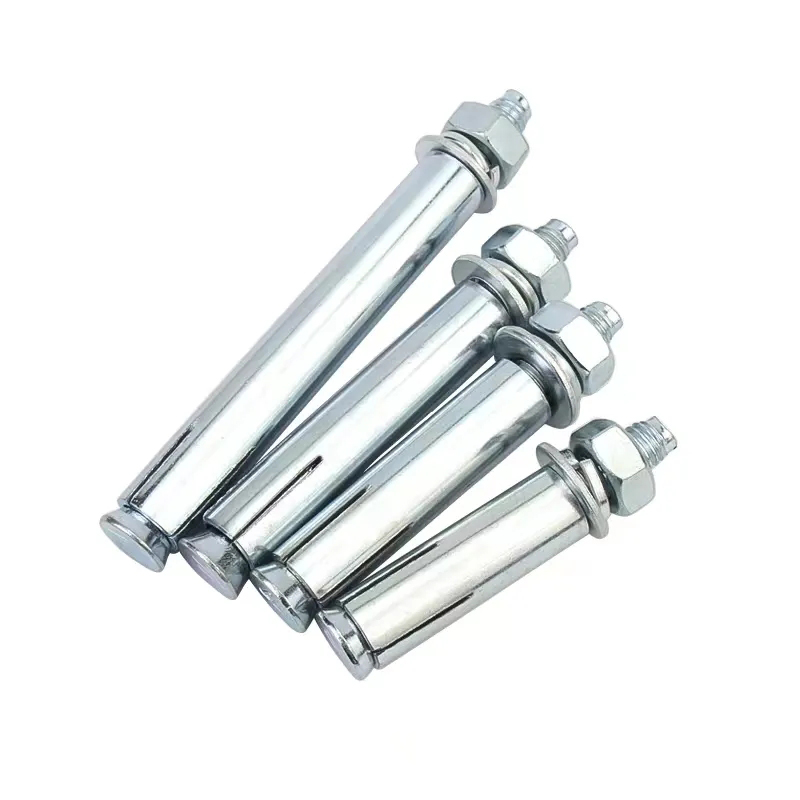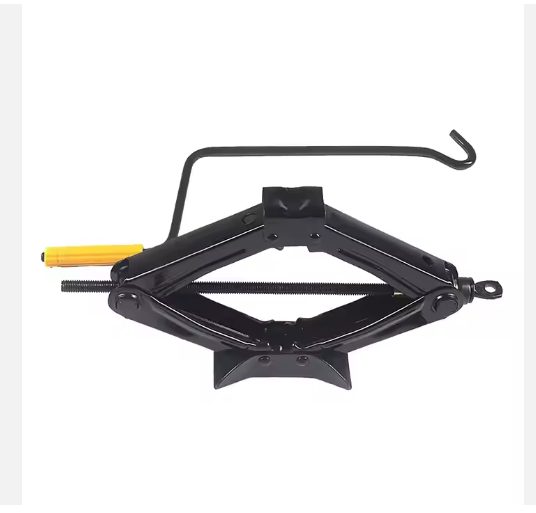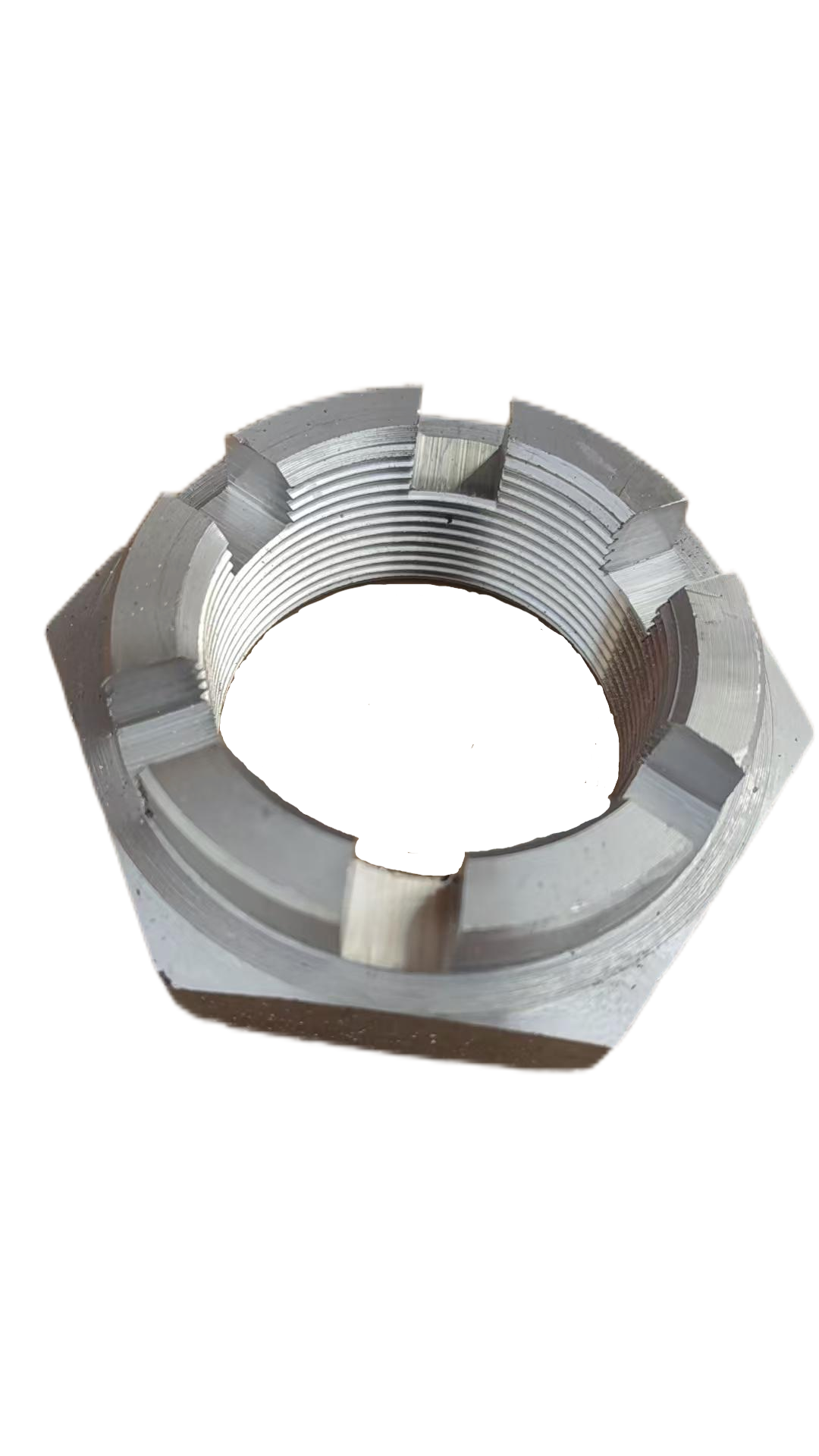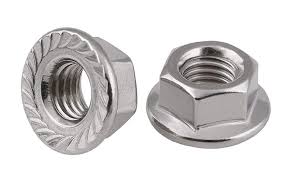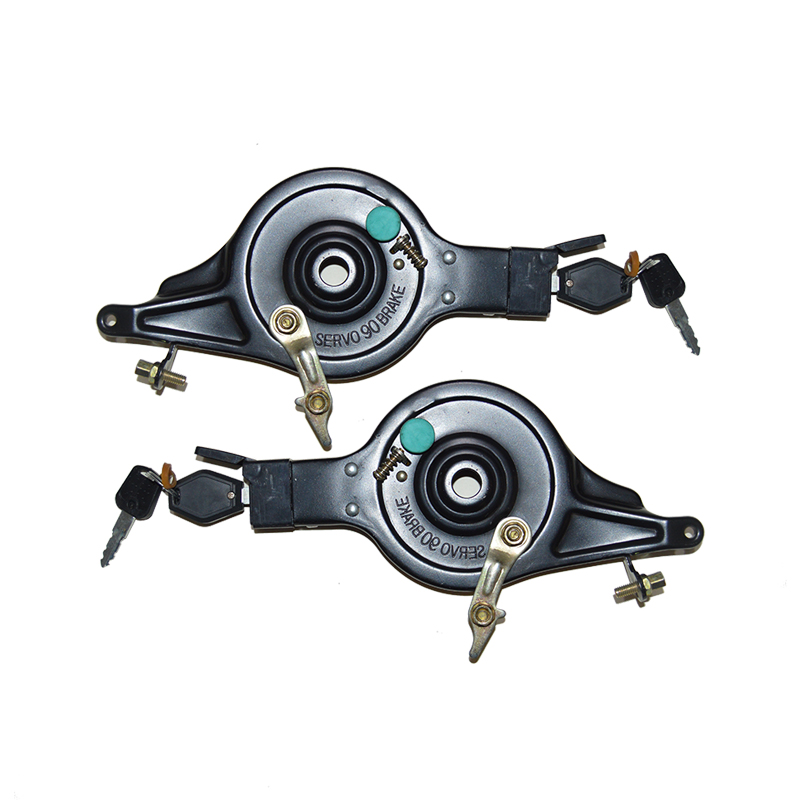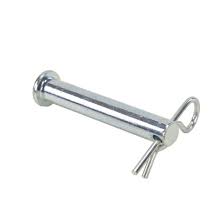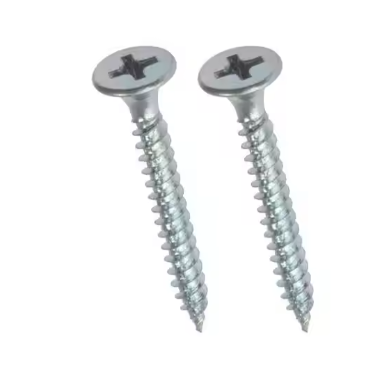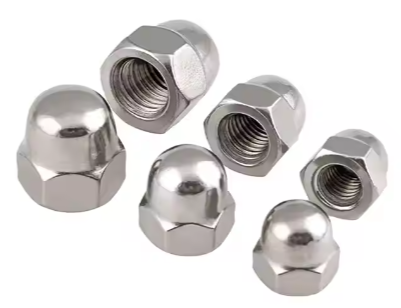

This guide helps you navigate the world of expansion bolt suppliers, providing insights into choosing the right partner for your project. We'll cover key factors to consider, from material types and sizes to supplier reliability and certifications. Learn how to select a supplier that meets your specific requirements and ensures project success.
Expansion bolts, also known as anchor bolts, are crucial fasteners used in various construction and industrial applications. They provide a secure and reliable connection between different materials, particularly when anchoring items into concrete, masonry, or brick. Understanding the different types and their applications is critical for selecting the appropriate expansion bolt for your needs. Key considerations include:
Several types of expansion bolts exist, each with its own strengths and weaknesses. Common types include:
The choice depends on factors like the base material, load requirements, and installation method. For example, drop-in anchors are ideal for quick and easy installations in pre-drilled holes, while wedge anchors offer superior holding power in heavier applications. Consult a technical datasheet for specific load capacities and material compatibility before making a selection.
Selecting a reliable expansion bolt supplier is paramount for project success. Here are key factors to assess:
Ensure the supplier provides high-quality expansion bolts that meet relevant industry standards and certifications. Look for certifications like ISO 9001, which demonstrates a commitment to quality management systems. Checking for certifications ensures compliance with safety regulations and provides confidence in the product's performance.
A reputable supplier offers a wide range of expansion bolts in various materials (e.g., steel, stainless steel), sizes, and finishes to meet diverse project requirements. Check their inventory and lead times to ensure timely delivery of your order. Consider suppliers with readily available stock to avoid project delays.
Compare pricing from multiple suppliers, but don't solely focus on the lowest price. Consider factors like quality, delivery times, and payment terms. Negotiate favorable payment terms and ensure clear pricing structures to avoid unexpected costs.
Excellent customer service and technical support are crucial. A reliable supplier provides prompt responses to inquiries, offers technical assistance, and provides support throughout the entire process, from order placement to installation.
Several factors influence the choice of both expansion bolt and supplier. Let's analyze them in detail:
| Material | Advantages | Disadvantages |
|---|---|---|
| Carbon Steel | Cost-effective, high strength | Susceptible to corrosion |
| Stainless Steel | Corrosion-resistant, durable | Higher cost |
Table 1: Material Comparison for Expansion Bolts
Carefully consider the load-bearing requirements of your project when selecting expansion bolts. The supplier should provide detailed load capacity data for each product. Incorrect selection can lead to structural failures.
Research potential suppliers thoroughly. Look for reviews, testimonials, and industry recognition. A long-standing reputation suggests reliability and commitment to quality.
For a reliable source of high-quality expansion bolts, consider Hebei Dewell Metal Products Co., LTD. They offer a wide selection of fasteners and excellent customer service.

